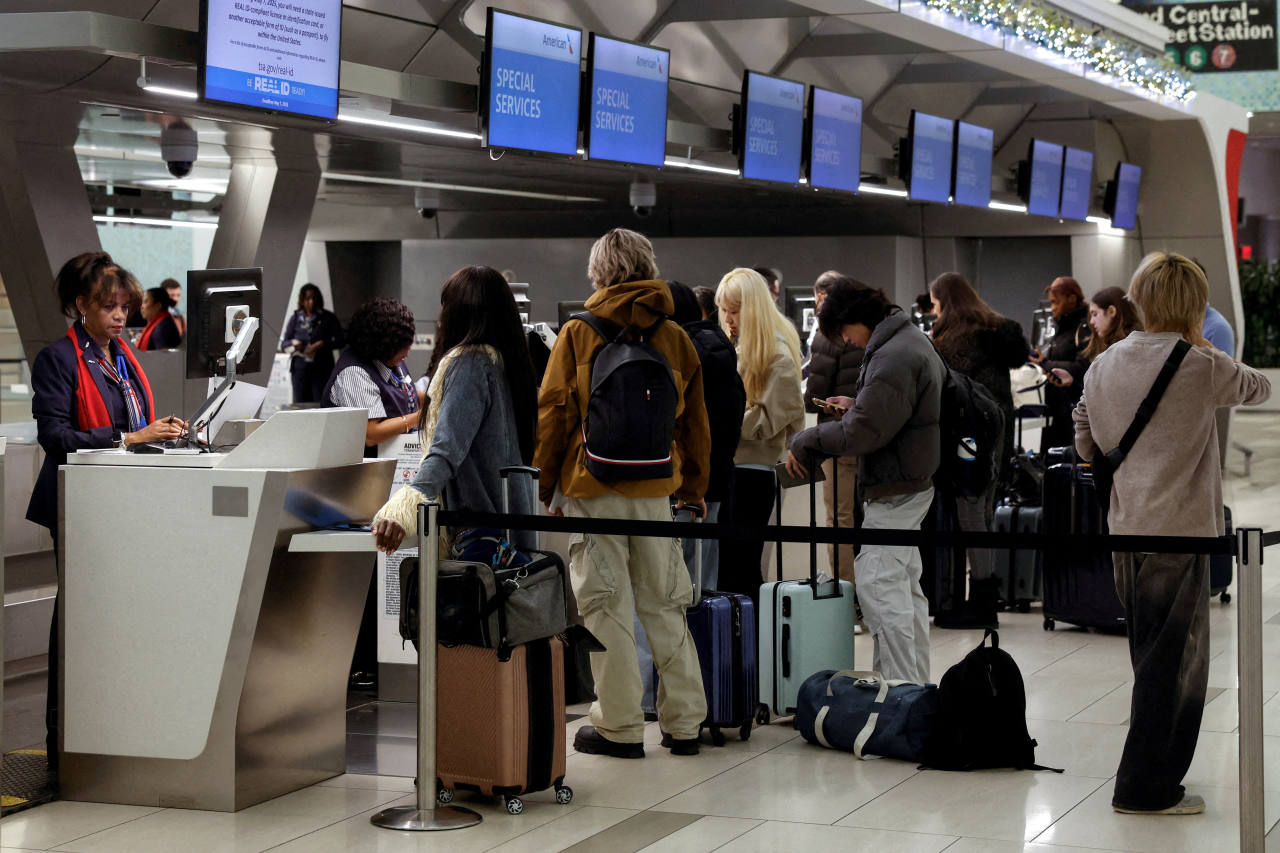Rising Demand from High-Income Travelers Boosts Industry Outlook
The travel industry is showing signs of improvement as higher-income Americans continue to increase their travel activity, according to analysts. This trend has led to a more optimistic outlook for the remainder of the year, with airlines, hotels, and booking platforms reporting positive developments in recent months.
Airlines such as American, United, and Delta have seen growing demand for premium seating and international trips, although domestic flight sales have faced challenges. Similarly, hotel chains like Marriott and Hyatt have reported strong performance in their luxury segments, particularly in international destinations. These trends suggest that the upper end of the market remains resilient, even as some consumers remain cautious about discretionary spending.
Expedia’s Chief Executive, Ariane Gorin, highlighted this divide during an earnings call, noting that higher-income individuals have shown continued confidence in travel, while those with lower incomes are taking a more conservative approach. This contrast has created a clear split between different consumer groups, with the wealthy continuing to spend on travel, while others are opting for shorter, local trips or choosing to forego travel altogether.
Investors are cautiously optimistic about the potential for sustained growth in the sector, especially after U.S. consumers reduced their travel activity earlier this year due to economic uncertainty. Deepak Mathivanan, an analyst at Cantor Fitzgerald, noted that while the environment remains unpredictable, it is unlikely to be as challenging as the early months of the year.
However, the industry still faces several hurdles. Middle- and lower-income travelers are increasingly opting for last-minute bookings or shorter trips, reflecting a heightened level of caution. Executives from Booking Holdings and JetBlue have observed this shift, emphasizing that the economic pressures on these groups are significant.
Daniel Kurnos, an analyst at Benchmark, pointed out the growing divide between high-income and low-income consumers. He said that while the upper end of the market is performing well, the lower end is struggling. For the industry to see further growth, increased spending from less affluent consumers will be essential. However, rising inflation could complicate this scenario, as it makes experiences like travel more expensive and harder to justify for those with tighter budgets.
Recent inflation data shows that consumer prices rose 2.7% in July compared to the same period last year, matching the rate from June. The core inflation measure, which excludes food and energy, increased by 3.1%, slightly above expectations. This suggests that inflation remains a concern, particularly for lower-income households who are already feeling the pressure of rising costs.
Since the pandemic, many consumers have prioritized experiences over material goods, but as prices continue to climb, this trade-off becomes more difficult for those with limited resources. Analysts warn that the ongoing inflationary pressures could deepen income disparities and make it harder for the travel industry to achieve strong growth in the coming quarters.
Looking ahead, the industry may face challenges due to the strong results seen at the end of last year, when post-election stability led to increased bookings. This could make it difficult for travel companies to show significant year-over-year growth, particularly in the third and fourth quarters. Deutsche Bank analyst Lee Horowitz suggested that some companies might experience low-single-digit declines as a result.
Despite these challenges, there is optimism about long-term growth. Analysts believe that the upcoming summer, marked by the World Cup in North America, could provide a boost to domestic travel. This event could attract fans and visitors, potentially driving demand for hotels, restaurants, and other travel-related services.
As the industry navigates these dynamics, the focus will remain on how different consumer groups respond to economic conditions and whether the upward trend in travel activity can be sustained.



